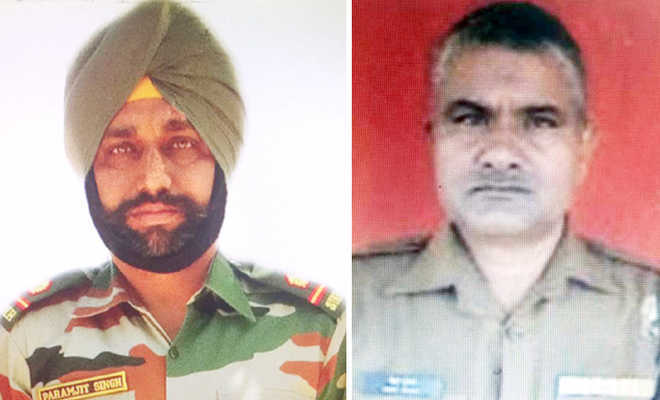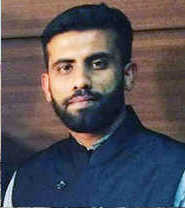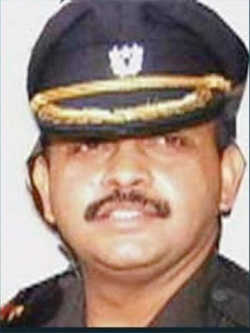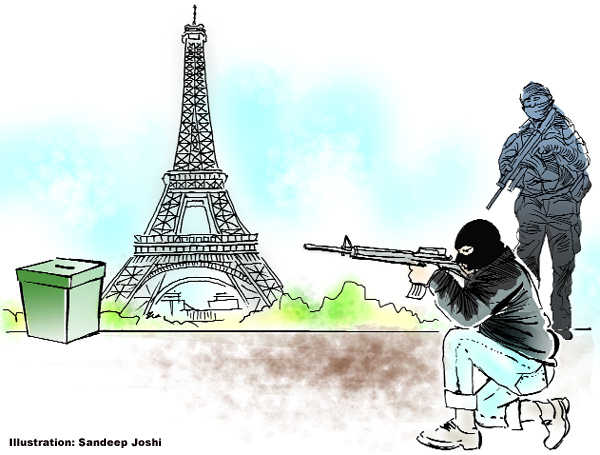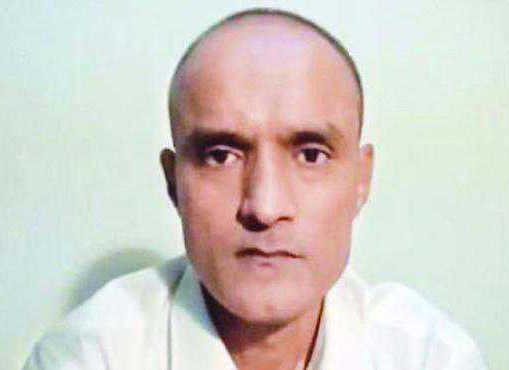The Nation has reason to be up in arms. Two incidents in J&K on 01 May could significantly change the complexity and nature of threats in the 28 year old Pakistan sponsored proxy war in J&K, thus demanding appropriate response. The first at Krishna Ghati (KG) in the Poonch sector, a location famously known in the Army for its frequency of cross LoC exchanges. A Border Action Team (BAT – a term with which India is quite familiar) from Pakistan comprising Special Forces and highly trained Pakistani terrorists created a local concentration and targeted a segment of the KG defences focusing on an LoC patrol. It may still have been acceptable up to that point because LoC actions by both sides are not dictated by any rationale. However, the BAT proceeded to mutilate the bodies of the two Indian personnel killed before fleeing across the LoC. This too is not something new but it’s the first time it has happened in 2017 and the first in the tenure of General Qamar Bajwa, the Pakistan Army Chief who was expected to bring more sanity to the attitude of the Pakistan Army relating to its obsession with J&K. However, nothing has changed and it is obvious that a day after Bajwa’s visit to Haji Pir near the LoC in POK it was a message that was being delivered to India.
The cleavage between the military and the civilian government in Pakistan manifests many times in major differences in the handling of relations with India and J&K in particular. It is obvious that there was some form of backroom activity by the civilian government of Nawaz Sharif with Sajjan Jindal, an Indian businessman reportedly close to Prime Minister Modi, meeting the Pakistan Prime Minister at Murree. The Pakistan Army and its cohorts do not usually wait long if they sense that there is potential of some positive moves on the political front. Pathankot attack occurred within a week of Prime Minister Modi’s grand initiative of an impromptu visit to Lahore on 25 Dec 2015. Now KG has taken place. Some linkage to the presence in Delhi of Turkish President Recep Tayyip Erdogan could also exist but it is yet early to conclude that. Erdogan is known to have expressed the need for “multi-lateral dialogue” on Kashmir and offered his services to mediate. This is anathema to New Delhi but has been the stance that Pakistan has taken for long. Was KG therefore a symbolic reminder that Erdogan’s words needed to be heeded to avoid such acts of violence on the LoC.
Before any further analysis it is important to take stock of the other event on 01 May, the Kulgam incident, so that the joint impact of the two events can be assessed. Sources in Kashmir stated that there was general happiness about the loss of five local policemen and two local bank security guards in an ambush on a J&K Bank van which was in the process of distributing cash to branches and was then returning. Four weapons were lost in the incident. This response of Kashmiris is quite different to that when a local soldier from JAK Light Infantry was killed in an ambush in the Shupiyan area in Feb 2017. There was a huge and respectful turnout for his funeral. That is as far as the Valley is known to have gone; supporting the killing of local policemen and security guards is a new low for the Kashmiri people and is reflective of the alienation being faced by us in the Valley. It is not even known whether the perpetrators were foreign or local terrorists. If local then it changes the nature of proxy internal conflict making the confrontation with security forces much more viscious. Commanders of the Army are known to follow a less stringent campaign against locals to allow them to come on board through surrender unless they are known to be more than hard core.
The two events have no sync but if read together appear to indicate that 2017 and beyond will probably be difficult years in J&K in all domains. It appears to stem from a distinct increase in Pakistan’s strategic confidence; a series of ‘perceived’ foreign policy successes which can be very temporary in nature. Pakistani diplomats are speaking of 5 percent growth in Pakistan’s economy and expect a spurt in the near future. It is perception more than reality which drives such policy. The other perception Pakistan appears to be drawing much solace from is what it feels is an emerging victory in J&K. Is Indian media is responsible for giving this idea?
Whatever it be, the Central and State Governments and the security establishment have much to consider in terms of stabilizing the Valley. It is security first and the people along with that which have to be the focus. Engagement with Separatists or Pakistan will probably be far from anyone’s mind. Engaging the people can always be done without engaging the Separatists. It has been successfully done in the past and once people are in engagement mode the degree of antipathy and alienation does dilute. On the LoC and the counter infiltration grid there can be no let up and no restrictions should be placed on the Army which should shun a high media profile and quietly do what it needs to do. No one has to tell the Army what it needs to do and the Army does not have to announce anything from the hill and roof tops.
J&K is surely in for some turbulent times in 2017.
The writer is a veteran Lieutenant General, who commanded the Srinagar based 15 Corps. He is now associated with Vivekanand International Foundation and the Institute of Peace and Conflict Studies. The views expressed above are of the author’s own and The Quint neither endorses nor is responsible for the same.)
























































